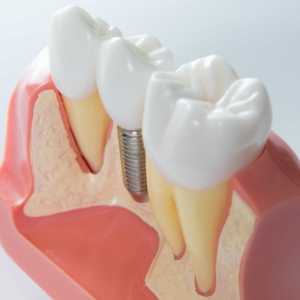Cancer therapies are at the center of numerous researches, the goal is to make them increasingly personalized and limit side effects. In the field of dentistry, oncological therapies can have an impact on some treatments, in particular on implantology.
Cancer therapies and implantology
 For patients in optimal health conditions, dealing with implant surgery means meeting a success rate that exceeds 95%, a fact confirmed several times by contemporary scientific literature.
For patients in optimal health conditions, dealing with implant surgery means meeting a success rate that exceeds 95%, a fact confirmed several times by contemporary scientific literature.
What we are trying to investigate today, in terms of dental research, are the success rates of implantology in patients who present contraindications.
Oncological therapies actually represent one contraindication for implantology and this has been known for years. Now, however, new treatments are being tested that aim to exclusively target the blood vessels that feed the tumor.
The research conducted then sought to analyze whether this new cancer treatment is compatible with implantology of any kind. In particular, scientific research is studying how these oncology drugs can slow down or hinder the osseointegration process of the implants.
Scientific tests on the incidence of cancer therapies on osseointegration
The state of research on the correlation between chemotherapy drugs based on angiogenesis and osseointegration inhibitors is currently in the animal testing phase. On the British Journal of Oral and Maxillofacial Surgery a study was published on the experimentation on a group of rabbits.
The sample consisted of 14 rabbits, the research included half of them with the administration of specific oncological therapies and the other half with placebo.
The researchers administered the cancer therapies two days before subjecting the rabbits to surgery in the femoral area and four more doses in the four weeks following the insertion of the titanium prostheses.
This type of procedure allowed the researchers to evaluate the incidence of oncology drugs on the osseointegration process.
The osseointegration phase in rabbits was constantly monitored with a computerized tomograph and a histomorphic examination.
Results of research and conclusions
The data collected on the group of rabbits who received the oncological therapies and on those who received the placebo drug showed complications in the osseointegration process on rabbits treated with oncological drugs.
From these first results the hypothesis that this new oncological therapies also have a negative impact on the process of osseointegration of dental implants seems to be strengthened.
This does not exclude cancer patients from the possibility of undergoing an implant surgery at a later stage.
















